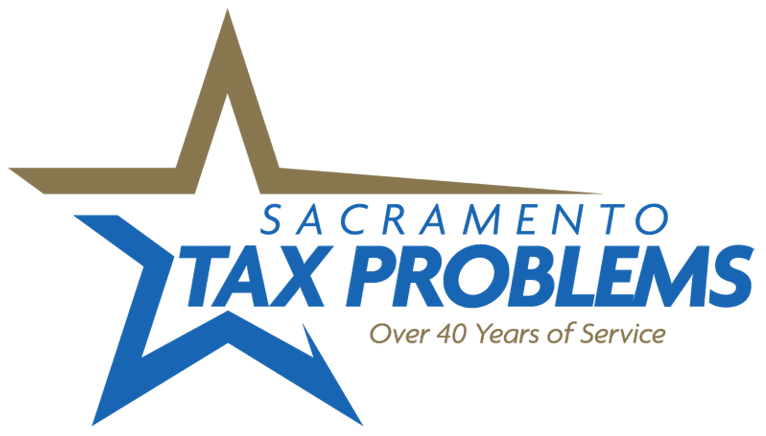How to Qualify for IRS Penalty Abatement: A Guide for Sacramento Taxpayers
If you’ve been hit with penalties from the IRS, you’re not alone. Many taxpayers in Sacramento face penalties for various reasons, such as late filings, late payments, or inaccuracies in their returns. Fortunately, there is a way to reduce or even eliminate these penalties—through penalty abatement. In this guide, Rochelle Margucci of Sacramento Tax Problems will break down what penalty abatement is and how you might qualify for relief.
What is IRS Penalty Abatement?
IRS penalty abatement allows taxpayers to have penalties reduced or waived altogether. The IRS understands that life happens, and they have processes in place to provide relief for qualifying taxpayers. Penalty abatement does not erase your tax debt; you’re still responsible for the amount owed, but it can help ease the financial strain by reducing penalty fees.
Penalties that are commonly abated include:
- Late Filing Penalty: When you fail to file your tax return by the deadline.
- Late Payment Penalty: When you don’t pay your tax bill by the due date.
- Failure to Deposit Penalty: When businesses don’t deposit payroll taxes in a timely manner.
Steps to Request Penalty Abatement
If you believe you qualify for penalty abatement, there are several ways to go about requesting it:
- First-Time Penalty Abatement
- Eligibility: If you’ve been compliant with the IRS for the past three years and haven’t had any penalties during this time, you might qualify for first-time penalty abatement. This is one of the most straightforward ways to get penalty relief.
- How to Apply: You can call the IRS directly to request this type of abatement, or submit IRS Form 843 (Claim for Refund and Request for Abatement).
- Reasonable Cause
- Eligibility: If you can prove that you had a reasonable cause for not complying with tax rules, such as a natural disaster, serious illness, or an unexpected financial hardship, the IRS may abate penalties.
- How to Apply: You’ll need to submit a detailed explanation and supporting documentation to show why you were unable to file or pay on time.
- Statutory Exception or IRS Error
- Eligibility: In some cases, the IRS may assess penalties based on incorrect information or calculations. If an IRS mistake caused your penalty, you could request abatement by proving the error.
- How to Apply: Review your notices from the IRS carefully and submit any supporting documents that demonstrate the mistake.
Documentation Needed for Penalty Abatement
To increase your chances of having penalties abated, be sure to have the proper documentation. This might include:
- Medical records (for illness)
- Evidence of natural disasters or property damage
- Financial records showing an inability to pay
- Communication records showing IRS errors
Having these documents ready will help strengthen your request for relief.
Why You Shouldn’t Delay
If you’ve been hit with penalties, it’s important to act quickly. Penalties accumulate interest over time, making your total tax burden grow the longer you wait. By applying for abatement as soon as possible, you could potentially stop this interest from piling up and get back on the right track.
Conclusion
IRS penalties can be overwhelming, but with the right approach, you might be eligible for relief. Whether you qualify for first-time penalty abatement or have a reasonable cause, the key is taking action sooner rather than later. If you’re unsure how to proceed or need help navigating the process, contact Rochelle Margucci at Sacramento Tax Problems. With her expertise in penalty abatement and tax resolution, she can help guide you through your options and work toward a successful resolution. Reach out today to discuss your case!
